Isot Pepper: The Smoky Secret Behind Turkish Flavors
Ever wondered what gives those mouthwatering Turkish kebabs their rich, smoky undertone? No, it’s not just the meat or the grill — it's Isot pepper, a hidden gem in the world of spices. But here’s the kicker: most people outside Turkey have never even heard of it. So, whether you’re a spice pro looking to expand your pantry or an adventurous home cook wanting to up your flavor game, this article is your ultimate guide.
Think of this as your Isot 101 crash course — with a dash of humor and a heap of useful tips. By the end, you'll know how to use Isot like a seasoned chef and maybe even impress your friends at the next BBQ.
What Even *Is* Isot Pepper?
If you're picturing a fiery chili that will melt your face off, think again. Isot pepper (also known as İzmir isot or simply isot) comes from a type of red pepper called Kalecik or sometimes Dolmalık. It's sun-dried and then slowly smoked over grapevine wood — yes, the same vines that make wine!
- Origin: Turkey, primarily Aegean region
- Heat Level: Mild to medium (1,000–2,000 SHU)
- Flavor Profile: Smoky, sweet, slightly earthy, and complex
- Common Uses: Kebabs, dips, grilled meats, egg dishes, salads
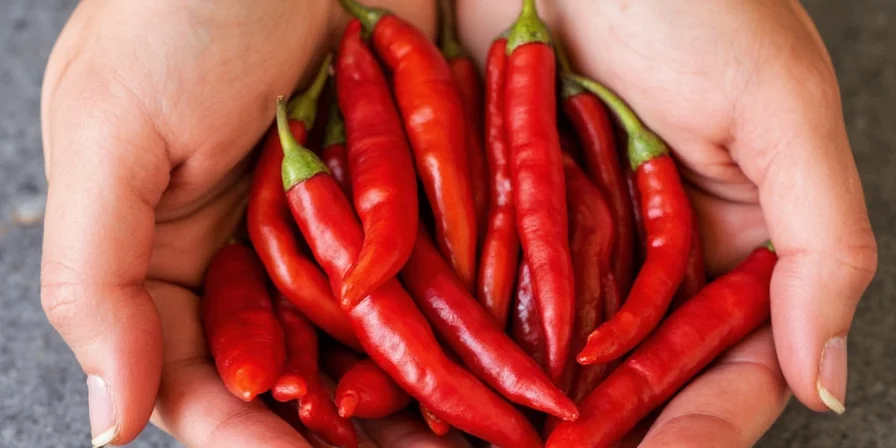
Why You Should Care About Isot Pepper
You might be thinking, "Hey, I’ve got paprika and chipotle — isn’t that enough?" Well, while both can bring smoke and heat, Isot brings something else entirely: a unique terroir and cultural depth.
The Flavor Difference
| Spice | Base Pepper | Smoking Method | Heat Level (SHU) | Best For |
|---|---|---|---|---|
| Isot Pepper | Kalecik/Dolmalık | Grapevine smoke | 1,000–2,000 | Kebabs, mezes, roasted veggies |
| Paprika | Bell peppers | No smoke by default | 0–500 | Soups, stews, color boost |
| Chipotle Powder | Jalapeños | Wood smoke | 2,500–8,000 | BBQ sauces, chili |
So while they all bring smoke, Isot brings a kind of soft, fruity smokiness that’s hard to replicate. Imagine if a campfire made love to a Turkish bazaar — this is the result.
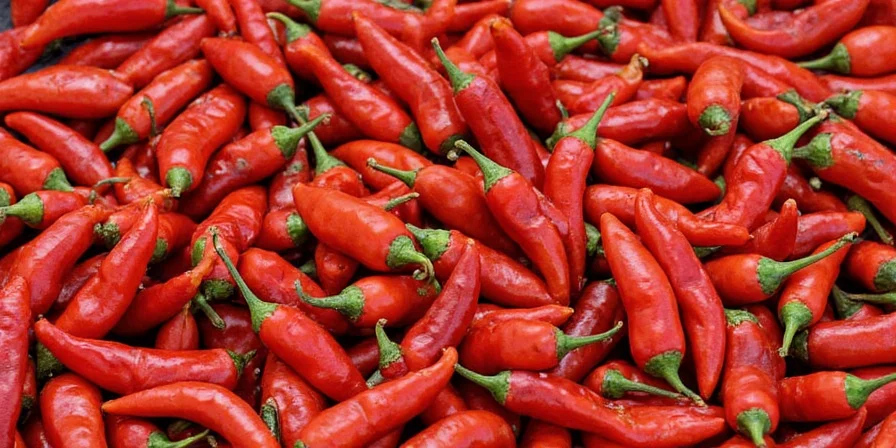
Top 7 Ways to Use Isot Like a Pro
Now that we've established Isot pepper is basically a culinary rockstar, let’s talk about how to get the most out of it. Here are seven killer uses that’ll take your cooking from “meh” to “mad genius.”
- Kiss Your Kebabs: A light dusting of Isot after grilling adds that signature Turkish finish. Don’t overdo it — this is more about aroma than fire.
- Eggs, Eggs, and More Eggs: Scrambled eggs? Shakshuka? Stir some Isot in before serving for a smoky lift. Bonus points if you add feta or goat cheese.
- Boost Your Butter: Mix softened butter with a pinch of Isot, garlic powder, and lemon zest. Spread it on grilled bread or steak — holy flavor bomb.
- Magic Dip Dust: Tzatziki, hummus, yogurt-based sauces — sprinkle Isot on top before serving. Instant Middle Eastern flair.
- Vegetable Whisperer: Roasted carrots, eggplant, or potatoes come alive with a touch of Isot. Add olive oil and roast at high heat, then season after roasting.
- Make Your Marinades Mysterious: Add a teaspoon to marinades for chicken, lamb, or tofu. Pair it with cumin, sumac, and lemon for a Turkish twist.
- Spice Up Your Salt: Blend Isot with sea salt and dried herbs for a finishing salt that works wonders on popcorn, grilled meats, or avocado toast.
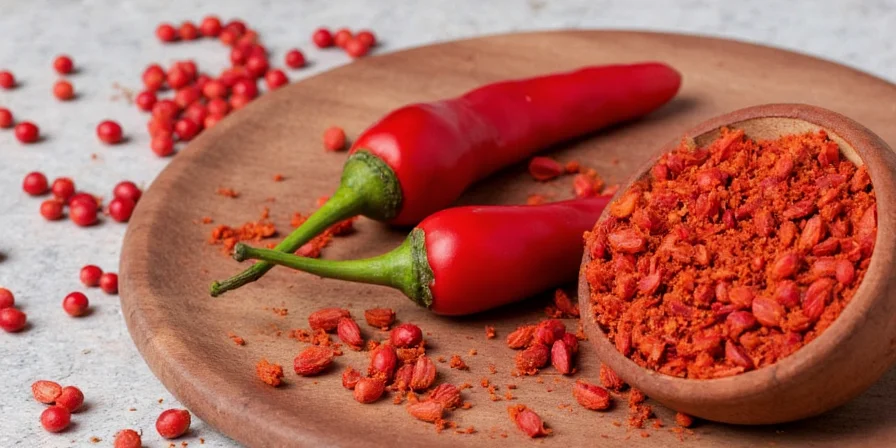
How to Store Isot Pepper (So It Doesn’t Become Flavor Ghost)
Spices don’t technically expire, but they do lose potency over time. To keep your Isot fresh and fragrant, follow these simple steps:
- Airtight Container: Use glass jars with tight lids, not plastic bags.
- Cool & Dark: Keep away from heat sources and direct sunlight. Spice drawer = perfect spot.
- Label & Date: Write the purchase date so you know when it’s time to refresh.
- Use Within 6–12 Months: Freshness fades after a year, especially with smoked spices.
Can You Make Your Own Isot Pepper at Home?
Yes — but it’s a bit of a project. Traditional Isot is sun-dried and then cold-smoked using grapevine prunings. If you’re serious about DIY, here’s a rough guide:
- Source the Peppers: Look for thick-walled, mild red bell peppers or similar varieties.
- Dry Them: Lay them flat in the sun or use a dehydrator until completely dry (3–7 days).
- Smoke 'Em Low: Cold-smoke the dried peppers over grapevine wood for several hours. This step takes patience and proper equipment.
- Grind: Once fully cooled, grind into powder using a spice grinder or mortar and pestle.
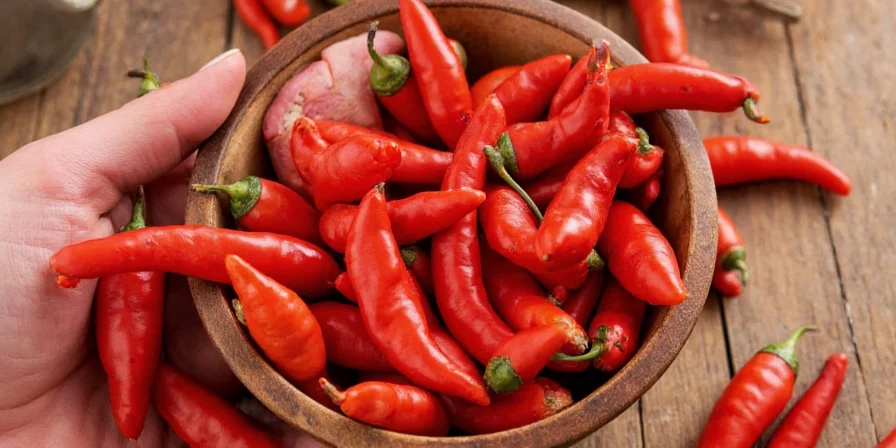
Isot vs. Other Smoked Spices: What’s the Real Difference?
We already compared it to paprika and chipotle earlier, but let’s dig deeper. The real secret sauce? THE SMOKE SOURCE.
- Isot uses grapevine wood — giving it a floral, almost wine-like smokiness.
- Spanish Pimentón is usually smoked over oak or other hardwoods — richer, deeper, more intense.
- Chipotle comes from jalapeños — so it’s hotter and smokier, but lacks that subtle sweetness.
In short: swap Isot in for any dish where you want complexity without the burn. And trust us — once you taste it, you won’t want to go back.
Where to Buy Real Isot Pepper
Finding authentic Isot outside Turkey can be tricky, but here are a few reliable sources:
- Online Specialty Shops: Look for brands that specify origin (e.g., “Turkish Isot” or “İzmir Isot”).
- Turkish Grocery Stores: If you live near a Turkish community or market, hit them up directly.
- Etsy or Small Producers: Some artisan spice makers import or recreate Isot blends legally.
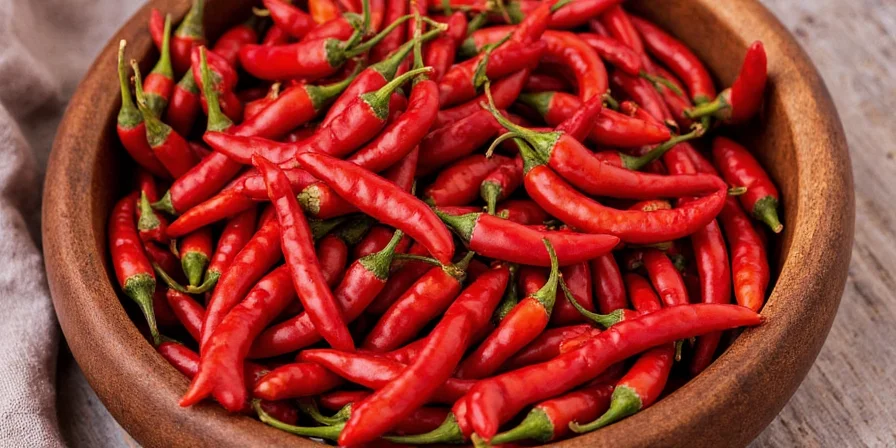
Isot Pepper FAQs
Q: Is Isot pepper spicy?
A: Not really! It’s mild — more about flavor than fire.
Q: Can I substitute it with paprika?
A: Sure, but you’ll miss out on that deep, layered smokiness. Maybe try mixing smoked paprika + a tiny bit of dried oregano for a close approximation.
Q: What if I can't find real Isot?
A: Try a mix of smoked paprika and a hint of crushed red pepper flakes for the warmth and body.
Q: Is Isot used only in Turkish cuisine?
A: While it’s traditional there, chefs worldwide are starting to use it in Mediterranean, fusion, and even modern American dishes.
Conclusion: Why Isot Deserves a Spot in Your Spice Rack
Isot pepper may not be the first spice you reach for, but once you do, you’ll wonder how you ever cooked without it. Its gentle heat, complex aroma, and rich history make it more than just another powdered condiment — it’s a flavor passport straight to the heart of Turkey.
So next time you’re grilling, roasting, or even slathering butter on bread, give Isot a chance to shine. Whether you’re a professional chef or a weekend warrior in the kitchen, a little goes a long way — and your tastiest days are ahead.
Ready to level up your spice game? Grab a jar of Isot, throw open the windows, and let the smoky magic begin.

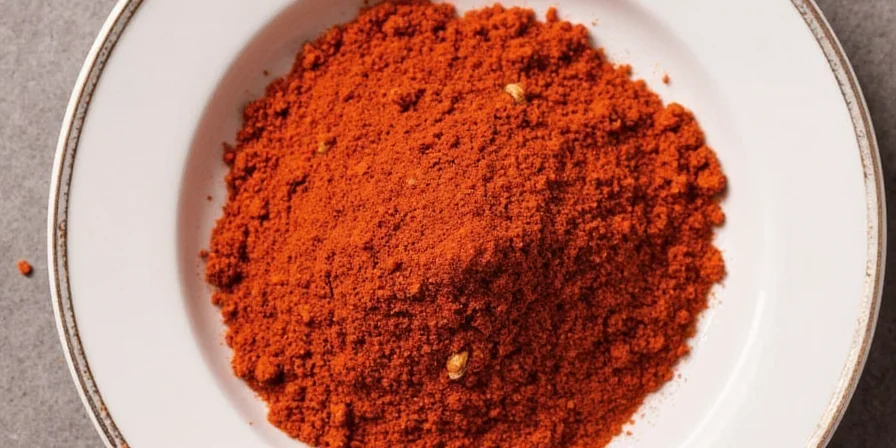









 浙公网安备
33010002000092号
浙公网安备
33010002000092号 浙B2-20120091-4
浙B2-20120091-4